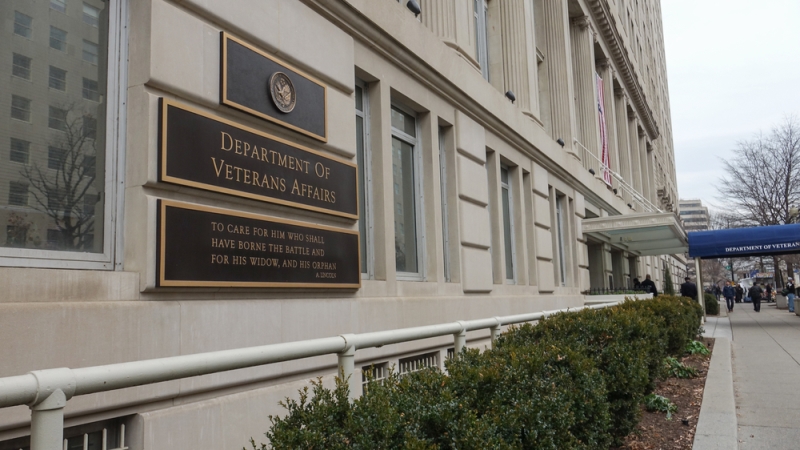
The Department of Veterans Affairs (VA) is implementing a national digital divide consult as a part of its efforts to ensure that veterans without broadband connectivity can access necessary telehealth services, an agency official confirmed at a July 29 Senate Veterans’ Affairs Committee hearing.
In his opening remarks, committee Chairman Jerry Moran, R-Kan., raised concerns about the digital divide preventing veterans from accessing virtual services through the agency’s VA Video Connect platform.
“The limitations of telehealth are also amplified for those living in rural America or Indian Country,” he said. “VA Video Connect only works when you have a broadband connection at a certain speed. In many parts of our country, that reliable broadband service simply isn’t an option.”
Kevin Galpin, executive director of telehealth services at the Veterans Health Administration (VHA), agreed that the programs are only valuable if veterans can access the services. “We can build these fantastic programs, but if a veteran can’t receive it on the other end, it doesn’t make a difference,” he said.
To bridge the broadband service gap, accommodate VHA Assistant Under Secretary for Health for Community Care Kameron Matthews confirmed several VA efforts to provide veterans with reliable broadband access. Through partnerships with several major wireless carriers – including Verizon, T-Mobile, SafeLink by Tracfone, and Sprint – Matthews said that VA has distributed more than 45,000 cellular-enabled tablets to veterans nationwide.
Sen. Moran commended that effort, explaining that rural and tribal veterans often face both geographic and broadband barriers to accessing care. “I applaud the VA’s outside-of-the-box thinking with regard to creative partnerships with the private sector and VSO [veteran service officer] community, and the distribution of wireless devices to isolated veterans,” he said.
Matthews also announced that VA is implementing a national digital divide consult to continue tackling the connectivity barrier.
“Through this consult, VA intends to help veterans leverage benefits available through VA, other Federal agencies, and the private sector to access what they need to connect remotely with VA services,” she explained. The consult will focus on veterans that could benefit from telehealth technologies but are identified as lacking access to participate.
Despite these challenges, Matthews shared several strides that VA has made in its telehealth efforts during the COVID-19 pandemic. The agency has expanded its VA Commercial Cloud to scale capacity and has accommodated a 1,200 percent increase in video visits, from 10,645 visits in the first week of March to 139,854 visits in the first week of July.
